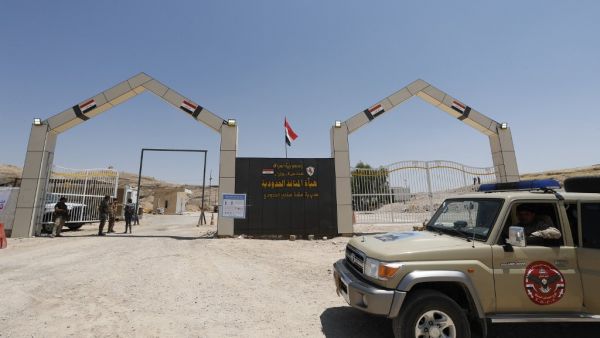Iraq partially reopened the Mandali border crossing with Iran on Saturday after a 3-month closure due to the coronavirus pandemic.
The terminal, in the eastern Diyala province, will be operational for two days a week for trade exchange, the Iraqi Border Crossing Authority said in a statement.
The authority said the crossing reopening was attended by Iraqi Prime Minister Mustafa al-Kadhimi.
Speaking during the reopening ceremony, al-Kadhimi said his visit to the terminal was a “message to all corrupt people that they would not have a foothold at the border crossings”, according to the statement.
The Mandali crossing is the third Iraqi border point to be reopened with Iran. The Basra and Wasit crossings in southern Iraq were earlier reopened.
On March 8, the Iraqi authorities shut five commercial crossing points with Iran in an effort to contain the spread of coronavirus in Iraq.
Iraqi lawmakers earlier said that corruption at the Iraqi crossing points causes Iraq $10-12 billion in losses annually.
According to International transparency groups, Iraq is among the most countries that suffer from high rates of corruption and misuse of public funds.
This article has been adapted from its original source.










